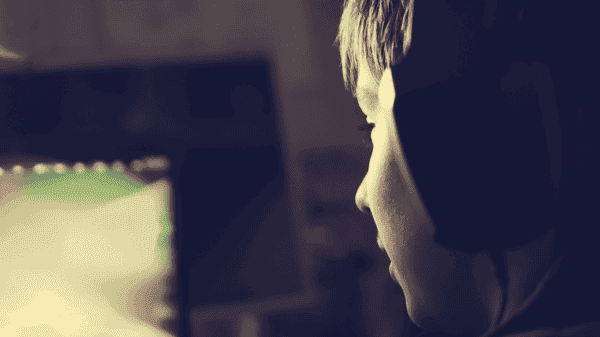Mummy blogger with 3 children who writes about family life and days out. Her blog is called ‘The scenic route to sanity‘.


Cyberbullying can happen 24/7 on any platform or connected device. To help encourage other parents to talk to their children about cyberbullying, Natalie shares how she helped her son deal with cyberbullying while he was gaming.
Conner had just turned 11 when he first experienced the unpleasant side of the Internet.
“For about two years, Conner had been playing X-Box Live without any problems, and he’d recently set up a YouTube channel,” explains Conner’s Mum, Natalie.
Natalie had carefully talked with Conner about staying safe online. “We had discussed online safety at length, and had some ground rules like always keeping messages so I could read them, never accepting contact requests or reply to messages from people he didn’t know.”
During these conversations, Natalie had also spoken about online bullying, encouraging Conner to tell them if anything happened that he wasn’t comfortable with. It was particularly important to Conner’s parents because he had previously been bullied at school. “We definitely wanted to talk to him, but also to allow him to use the Internet. He’s quite a sensible boy, and we felt that we must trust him in order for him to learn to be safe online,” says Natalie.
During one school holidays, Conner began receiving messages online via his Xbox from a student who had been involved in a bullying incident in school. At first, the messages were silly, criticising Conner’s Minecraft buildings, pointing out mistakes. Natalie and her husband advised Conner to rise above it, and not respond. They deleted all the messages.
Over time, though, the messages became more hostile, and harder to ignore. “Conner started receiving abusive voice messages from this boy, and a friend of his. They called Conner abusive names, swearing, and telling him to go back to school and learn to spell because he was retarded.”
When Conner didn’t respond, the boys accused him of being too scared to respond, calling him really nasty names. Conner immediately showed the messages to his parents, who contacted the school. However, because the incident hadn’t happened at school, there was no action that could be taken.
Natalie and her husband ensured that both boys were blocked on all Conner’s channels, and for a time this seemed to help. However, after a while, the comments resumed, this time on YouTube, with comments left accusing Conner of being stupid and ugly.
The situation has been stressful for the whole family, but Natalie believes that having regular, open conversations has helped Conner to cope. “It’s made all the difference,” she says. “He’s shared with us any comments and messages that aren’t supportive, and I really believe had we not talked about it, he might not have known how to react, and might possibly have deleted those messages and tried to deal with it alone.”
Today, Natalie and her husband still check in regularly on Conner’s online activity and do their best to ensure Conner feels comfortable talking to them about any problems. “I don’t know that he would feel confident accessing support from the school or another organisation, but I do believe he would be confident coming to either of us,” says Natalie.
Mummy blogger with 3 children who writes about family life and days out. Her blog is called ‘The scenic route to sanity‘.

See more articles and resources to help children stay safe online.